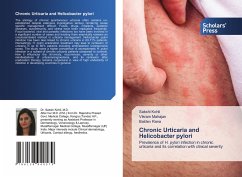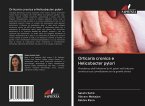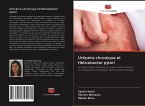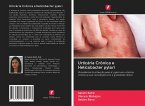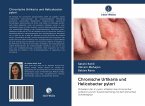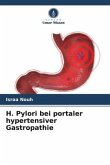The etiology of chronic spontaneous urticaria often remains un-established despite extensive investigative workup rendering cause specific management difficult. Foods, drugs, inhalants, systemic diseases, autoimmunity, and stress have been implicated frequently. Focal bacterial, viral and parasitic infections too have been involved in a significant number of cases and treating them empirically remains an unsubstantiated method in urticaria management. Helicobacter pylori infection has been also linked to chronic urticaria in 60-71% patients. Interestingly, H. pylori eradication treatment may lead to remission of urticaria in up to 80% patients including antihistamine unresponsive cases. The study notes a higher prevalence of asymptomatic H. pylori infection in a subset of chronic urticaria patients compared to controls. How it influences the chronicity, recurrences, severity or other manifestations of urticaria/angioedema, and its remission after eradication therapy remains conjectural in view of high endemicity of infection in developing countries in general.
Bitte wählen Sie Ihr Anliegen aus.
Rechnungen
Retourenschein anfordern
Bestellstatus
Storno

